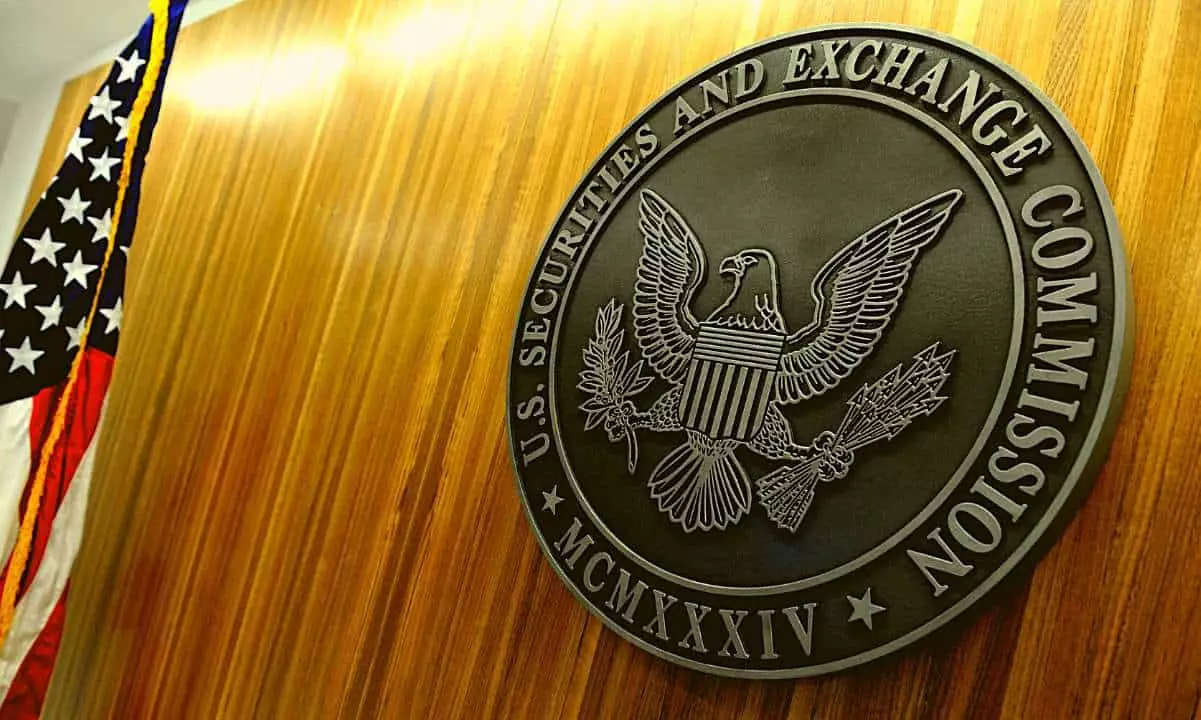The recent charges levied by the U.S. Securities and Exchange Commission against Galois Capital, a crypto-focused advisory firm, have once again highlighted the critical importance of proper custody practices in the cryptocurrency industry. The SEC found that Galois failed to ensure that the crypto held by the private fund it was advising was held with a qualified custodian, instead opting to store them with unqualified crypto trading platforms like FTX. This negligence led to significant losses for investors, with approximately half of the fund’s assets under management being lost in connection with the collapse of FTX. The fallout from this failure underscored the need for stricter regulatory oversight and adherence to best practices when it comes to asset custody in the crypto space.
The collapse of FTX, which resulted in the loss of $8 billion for customers and $1.7 billion for investors, serves as a stark reminder of the risks inherent in the cryptocurrency industry. During the trial of FTX’s CEO Sam Bankman Fried, it was revealed that he and other executives had engaged in massive fraud by secretly trading and losing customer funds with FTX’s sister trading desk, Alameda Research. This revelation shook the crypto community and led to a wave of bankruptcies among firms that had trusted FTX, such as BlockFi, Genesis, and Gemini Earn. The aftermath of FTX’s collapse highlighted the need for greater transparency, accountability, and regulatory oversight within the industry to protect investors and prevent similar incidents from occurring in the future.
The Role of Custodians in Safeguarding Assets
Proper custody practices are essential for safeguarding investors’ assets in the volatile and high-risk world of cryptocurrency. Custodians play a crucial role in securely storing and managing digital assets, ensuring that they are protected from loss, misuse, or misappropriation. By working with qualified custodians who adhere to strict security protocols and best practices, investment firms can mitigate the risks associated with asset custody and provide greater peace of mind to their clients. The use of reputable custodians, such as Fireblocks, can help to enhance investor confidence and protect against potential breaches or losses in the event of a market collapse or other unforeseen circumstances.
The SEC’s enforcement actions against Galois Capital and other firms that fail to meet their core investor protection obligations are a necessary step towards creating a safer and more transparent environment for investors in the crypto industry. By holding advisors accountable for their actions and imposing civil penalties for violations, regulatory authorities can help to deter misconduct and promote ethical behavior within the industry. It is crucial for all market participants to adhere to regulatory guidelines and best practices when it comes to asset custody, transparency, and investor protection to ensure the long-term sustainability and integrity of the cryptocurrency market.
The recent charges against Galois Capital and the fallout from FTX’s collapse serve as a sobering reminder of the importance of proper custody practices in the cryptocurrency industry. By learning from these incidents and implementing stronger safeguards and regulatory oversight, we can help to protect investors, promote transparency, and build a more resilient and trustworthy ecosystem for digital assets. Only by prioritizing investor protection and adherence to best practices can we create a safer and more sustainable environment for the growth and development of the crypto industry.















Leave a Reply